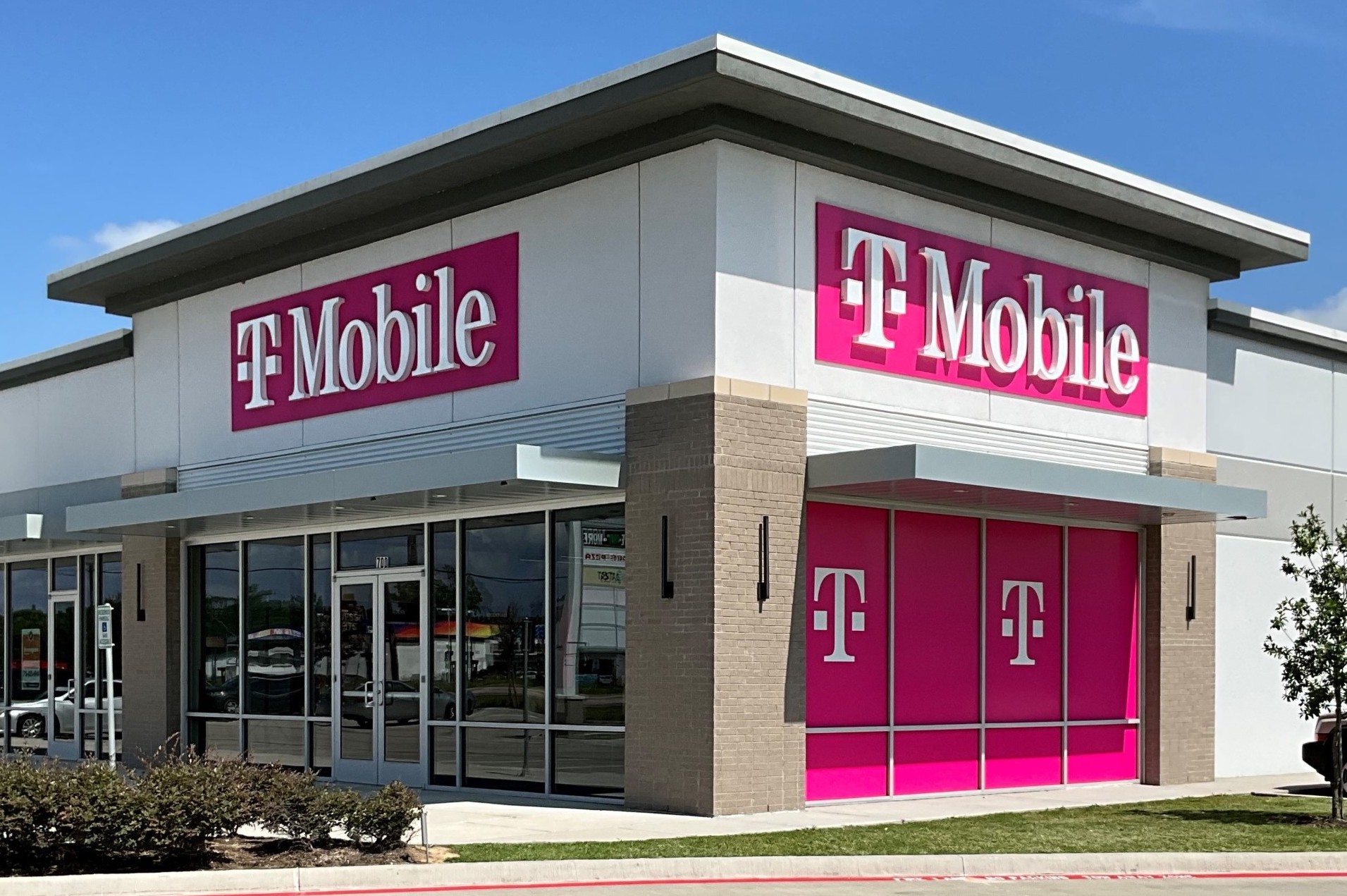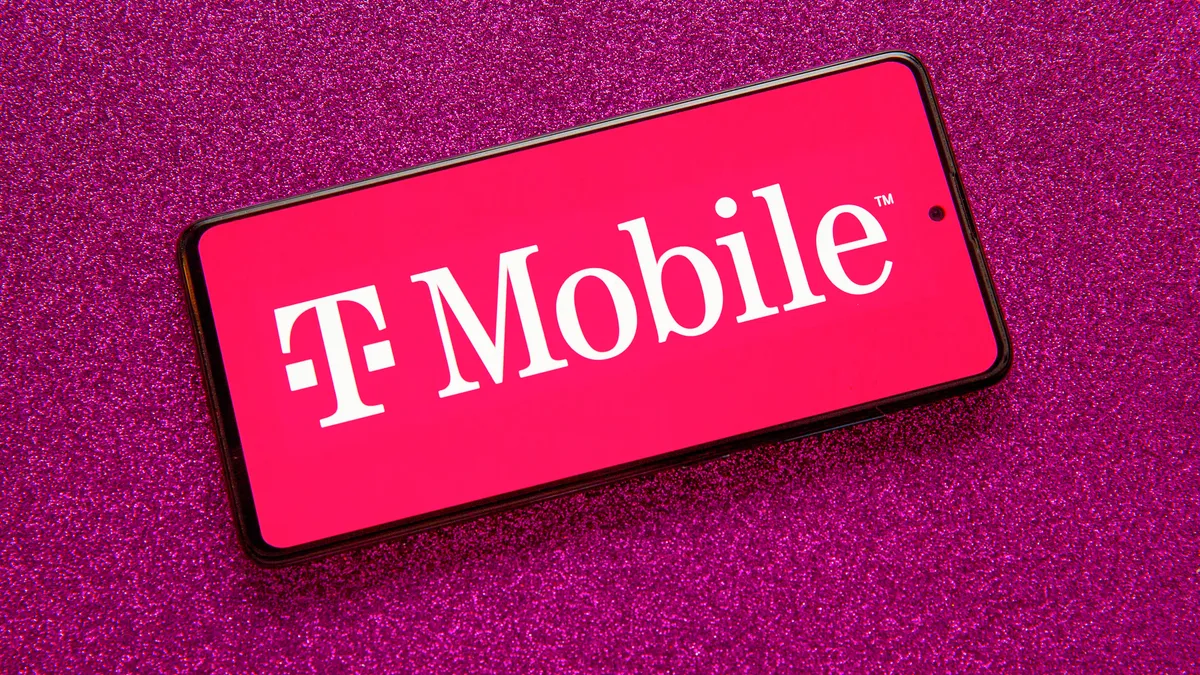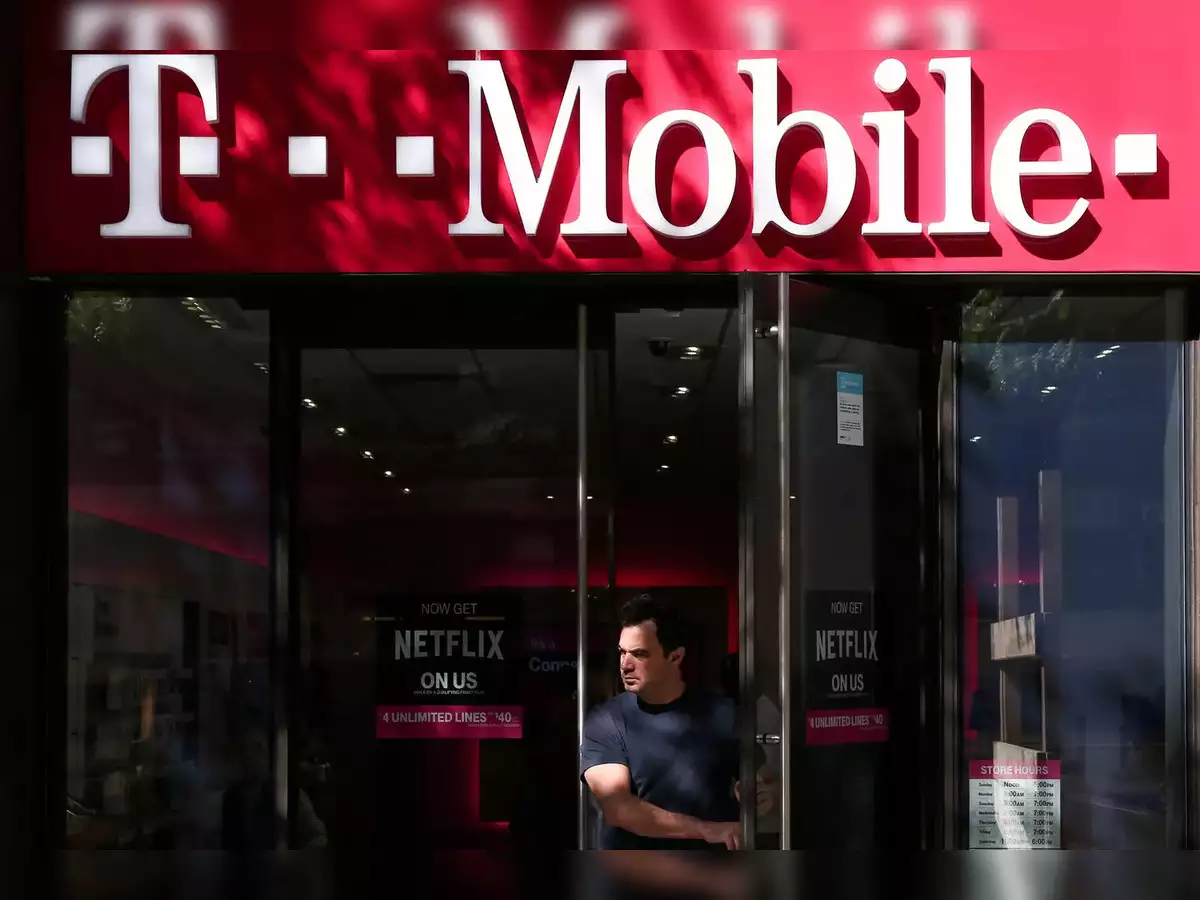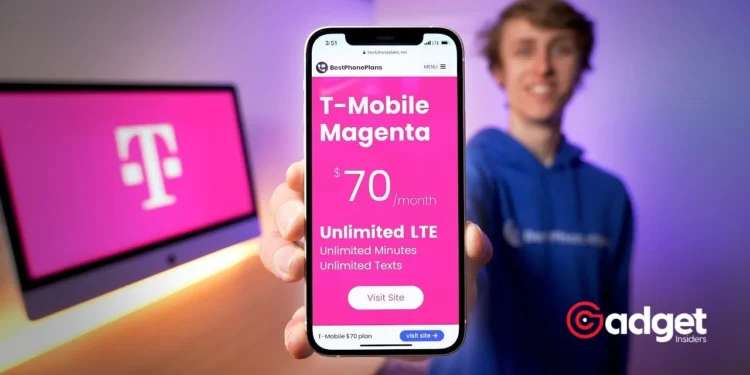In an unexpected turn of events, T-Mobile customers are set to face the premature conclusion of a much-anticipated perk. The telecom giant, in a bid to win regulatory favor during its merger with Sprint, had committed to a generous Annual Data Upgrade policy. This initiative was set to enrich select Connect plans with an additional 500MB of data every year for five years.
However, recent revelations suggest that this promise is winding down ahead of schedule, leaving subscribers pondering the implications.

The Revised Data Plans: A Mixed Blessing
An internal document, recently unveiled by The Mobile Report, sheds light on T-Mobile’s revised stance on its previously announced data upgrades. Subscribers to the $15 per month plan, which formerly boasted 3.5GB of data, will now find themselves with a 5GB allocation.
Similarly, those on the $25 plan will see their data capacity increase from 6.5GB to 8 GB. On the surface, this adjustment appears to be a boon for consumers, offering them more data at no additional cost. Yet, the underlying details paint a less generous picture.
T-Mobile’s latest move incorporates the slated 2025 data increment into this year’s upgrade. This amalgamation effectively allows the company to conclude its Annual Data Upgrade policy ahead of its original five-year timeline. While T-Mobile has indeed allocated more data than initially required, the long-term promise of gradual increases has been curtailed.
In an intriguing twist, Nevada customers find themselves slightly better off, with a special $25 plan that has been enhanced from 8GB to an exclusive 9GB offering. This regional variation introduces a unique element to T-Mobile’s overarching strategy.

T-Mobile: New Initiatives and Controversial Charges
Alongside adjustments to data plans, T-Mobile is introducing new offerings that are sure to attract attention. A standout deal allows customers to secure two lines for a mere $75 per month, sweetened further by the abolition of the Device Connection Charge (DCC) fee.
This initiative represents a significant saving and a direct response to consumer desires for simpler, more cost-effective service options. However, not all recent updates have been met with open arms. T-Mobile is set to implement a $5 Payment Support Charge for customers who opt to top off their prepaid balances at physical locations.
Scheduled to commence on April 25, this fee aims to nudge customers towards online transactions, aligning with the company’s digital-first approach. Yet, it’s a move that may alienate those who prefer or depend on in-person service interactions.
@TMobileHelp And after waiting two hours on hold, this is what I see when I go online… my T-Mobile team is currently unavailable. And whenever I try to go to a text link or web link, I get a "your device is not compatible with this data plan. Click here to change to another… pic.twitter.com/EFaewadRMF
— Gregg Moscoe (@GreggMoscoe) April 1, 2020
The Future of Telecom: An Insider’s Perspective
Anam Hamid, a former computer scientist turned tech journalist, offers valuable insights into the evolving telecom landscape. With a rich background that spans Android Headlines to ghostwriting for various tech publications, Hamid brings a nuanced understanding of the industry’s dynamics.
Her focus on smartphones and tablets, combined with a critical eye on tech consumerism, positions her as a credible voice amidst these developments. Hamid’s reflections on smartphone addiction and the quest for sustainable technology use resonate deeply in today’s digital age.
Her anticipation of future tech innovations, such as folding screens and under-display sensors, underscores the relentless pace of progress. Moreover, her preference for holistic device experiences over mere specs reflects a growing consumer trend toward value and quality.

T-Mobile’s recent policy shift marks a significant moment in the telecom industry, signaling a departure from long-term commitments to short-term enhancements. While the immediate benefits are clear, the long-term implications for customer trust and brand loyalty remain to be seen.
As we navigate these changes, voices like Anam Hamid’s remind us to consider not just the technology at our fingertips, but the broader impact on society and the future it heralds.










